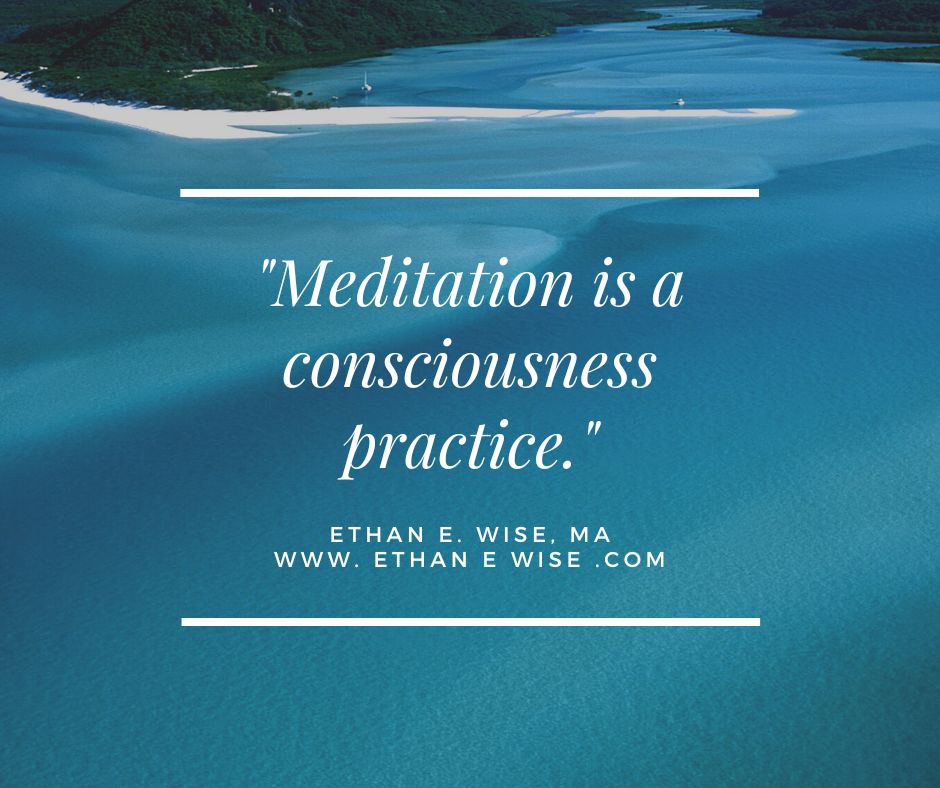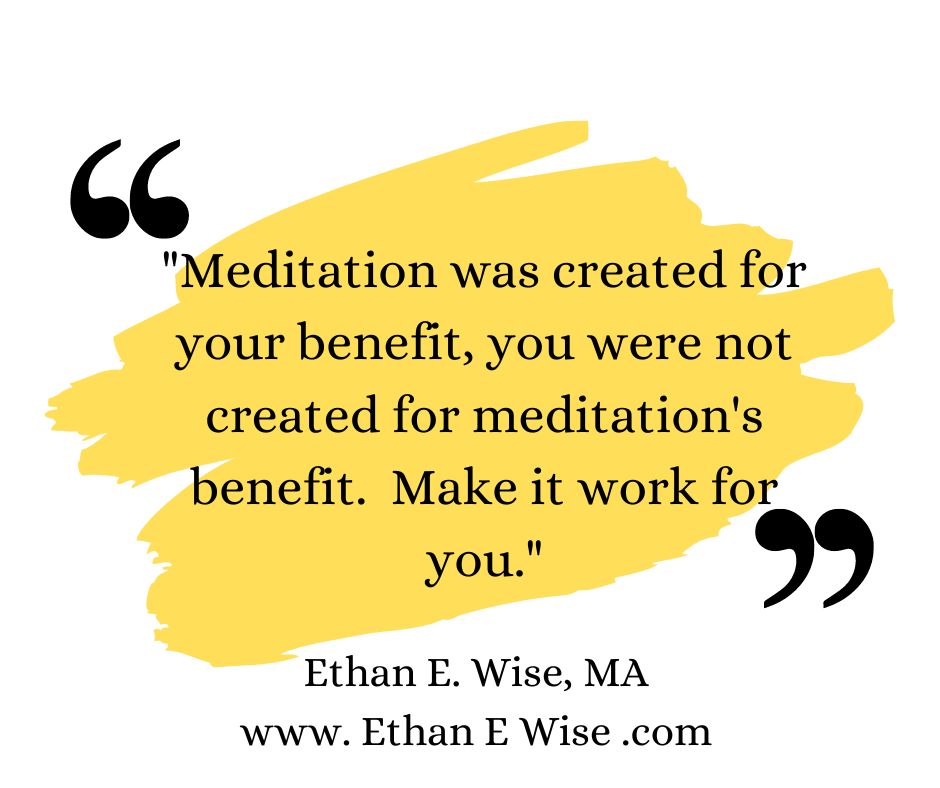Meditation.
What is it?
Q,. Is meditation an activity, a state of mind, a self help strategy, a relaxation technique, a type of hypnosis, a mental health therapy, a type of yoga, a method of prayer, or perhaps a way of being?
Q,. Is meditation an action, or an outcome?
Q,. Could meditation be a form of prayer or worship, a metaphysical exercise, an occult mystical practice, or a path to enlightenment?
Find some of the common definitions of the word “meditation” in this article. Learn about different types of meditation here.
The answer is yes, no, and it depends.. It depends on who you ask and their own beliefs or leanings.
What is meditation?
The answer will depend on who you ask.
The answer will depend on you.
It is safe to say that meditation is all of the above.
Some use the word meditation to mean contemplation, while others use it to mean clearing the mind of thoughts, while others refer to it as a concentration practice, or as a guided imagery practice. In other words, the word “meditation” does not refer to anything specifically, it can refer to any number of things.
When it comes to the word “meditation” there is no global consensus on what it is.
It is the opinion of the writer that “meditation” is a very over-used and widely used, and broad word that covers many ideas or practices. Looking at pre-doctrinal pre-Buddhist and older Buddhist writings, it can be argued, that meditation was originally started as a way to help a person attain enlightenment and nothing else. Not for relaxation, prayer, sleep, imagery.. But rather for the awakening to who you are, practicing negation, and finding what remains, and to prepare for the afterlife.
Meditation is not Buddhist and is not owned by them.
Meditation in essence is, and originally was, a Consciousness Practice.
I consider “meditation” to be a “practice of consciousness“, or a “consciousness practice”.
and, with meditation, you will get what you set your intention on, mostly.
Use the word as you wish, and keep in mind the vast array of states of consciousness and intentions ascribed to this word.
Learn about different types of meditation here.

Old?
Yes, very. Over the course of human existence, countless practices incorporated what we may call meditative states.
Is meditation for me?
Meditation is a state of mind, it is an action, it is doing and not doing, seeking and not seeking, and it is paradoxical.
Meditation becomes what you want it to be, based on your intention.
Hence, your intention is what will determine the reality of meditation in your life.
Today, many forms of meditation exist. This website will share some of these.
You may want to ask: Which meditation is right for me. Learn about different types of meditation here.
Related topics:
It is not possible to explore meditation without entertaining related concepts, or without the use of words, such as: Intention, awareness, mindfulness, concentration, focus, will, stillness, breath, yoga, posture, mantra, prayer, worship, gratitude, reverence, feeling, altered state of awareness, trance, ecstasy, being present, being, energy, theology, metaphysics, and so on.
Meditation as a Consciousness practice:
Since humans have an “awareness” or a “consciousness”, and humans “perceive” and “experience” their experience or reality, one could say that meditation is a practice where you perceive, experience, or are aware of reality.
One may take this further by asking: Who is the observer of the experience? Who is the awareness which is aware of being aware? What are the eyes the see behind the eyes?
Wherever the human goes, their awareness or consciousness (in potential) goes with them, ie. is there, or”Wherever you go, there you are” which is a name of a book by Jon Kabat-Zinn.
All it takes, is the intention to utilize your awareness to notice being aware. To will your consciousness in the now moment (present) to be aware of being conscious.
Consider these questions:
Who is it that it is becoming aware of it’s own awareness?
What is the “I” behind the “I am”?
What are the eyes that are able to see behind the eyes?
Who is able to feel and observe what one is experiencing, feeling, or thinking?
Religion?
Mediation as a practice, experience, or state of mind existed within and without religions for as far back in human society or philosophical writings as one can go.
It may be safe to say, the majority, if not all, the world’s spiritual traditions and religions have applied one form or another of meditation. They have called it by different names, sometimes.
Various types of mindfulness and practices of meditation have been, and continue to be, a part of most religious and spiritual ceremonies.
Yet, if meditation is consciousness practice, and since you take your consciousness wherever you are, you see that you can practice this anywhere and any time. All that is needed is to be aware of your own awareness. Various tools, techniques, methods, and approaches exist that enable this experience.
No one can claim ownership of the practice of meditation overall, however 100s of various types of practices have been created by various groups.
Benefits
Thanks to decades, nay centuries, of research, both eastern and western, humans have developed, and re-discovered, some understanding of the benefits, various ways to apply meditation.
Examining the various types of meditation, one quickly notices the nuance, each type of meditation in fact follows different intentions, contains different actions, and offers different outcomes.
Outcomes are vast and range from stress reduction, improving mental health, helping the physical body, to the occult transcendental and mystical experiences. In fact, meditation and mindfulness are essential in one’s quest for awakening, enlightenment, the small death.
Finding the right type of meditation for yourself
With all of the options and different methods, it can be difficult to choose just one. The good news is that you don’t necessarily have to! You can try different techniques for a well-rounded and holistic practice, or at least investigate different ones to see what is useful.
If you’re interested in starting a practice but don’t know where to begin, you can reach out to me for mindfulness coaching to get some help!
Always start slow, and simple, as it is exceedingly important to practice, even a simple short meditation. Getting to practice is more important than doing things “right”.
I like to remind my clients of this:

“Meditation was created for your benefit, you were not created for meditation’s benefit. Make it work for you.”